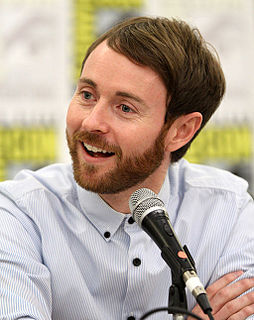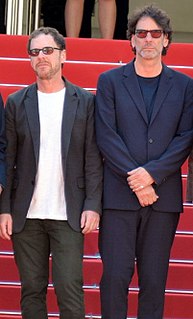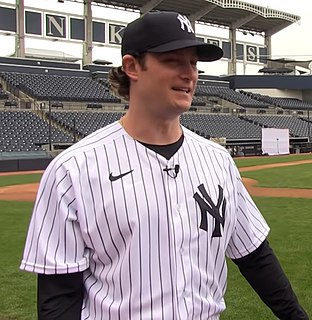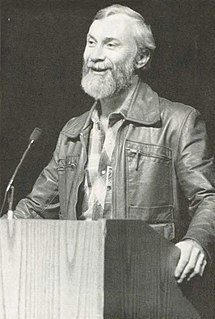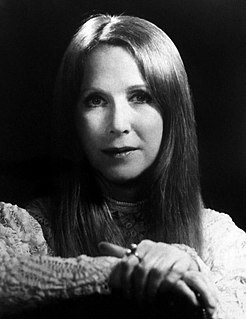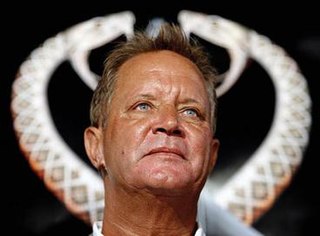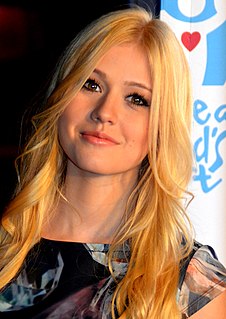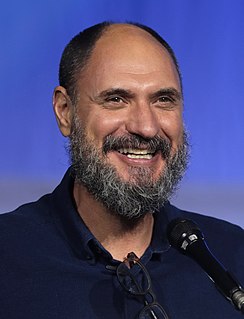A Quote by Aaron Ruell
With the work that I do as a director, I've got dialogue, camera movement, and character blocking to help create a tone to the piece. In photography, those elements are somewhat void so that tone becomes a bit more subtle but still equally important.
Related Quotes
Sometimes, in certain stories, I think we know at the outset essentially what the tone is going to be, or it becomes important that we're groping toward some kind of story with a certain kind of tone that we both get somehow. But I don't think how that's combined with other elements is ever in any way overtly discussed.
When you're directing an ongoing series, the tone has already been set. So a director will come in and fulfill that tone - reinforce the characters and their behavior. The challenge is to find unique ways that you can visually tell the story while keeping the established tone and the pace and the characters.
When you're a director, you have great respect for directors. I am really pretty loyal to any director that I am working for and I want to help them realize whatever story and mood and tone that they're trying to realize. As an actor, you really just are a cog - you are an important cog, but you are just a piece of the machine.
Photography is inextricably linked with life; the photographer is not invisibly behind the camera but projecting a life-attitude through the lens to create an interference pattern with the image. Who he is, what he believes, not only becomes important to know intellectually, but also becomes revealed emotionally and visibly through a body of work.
